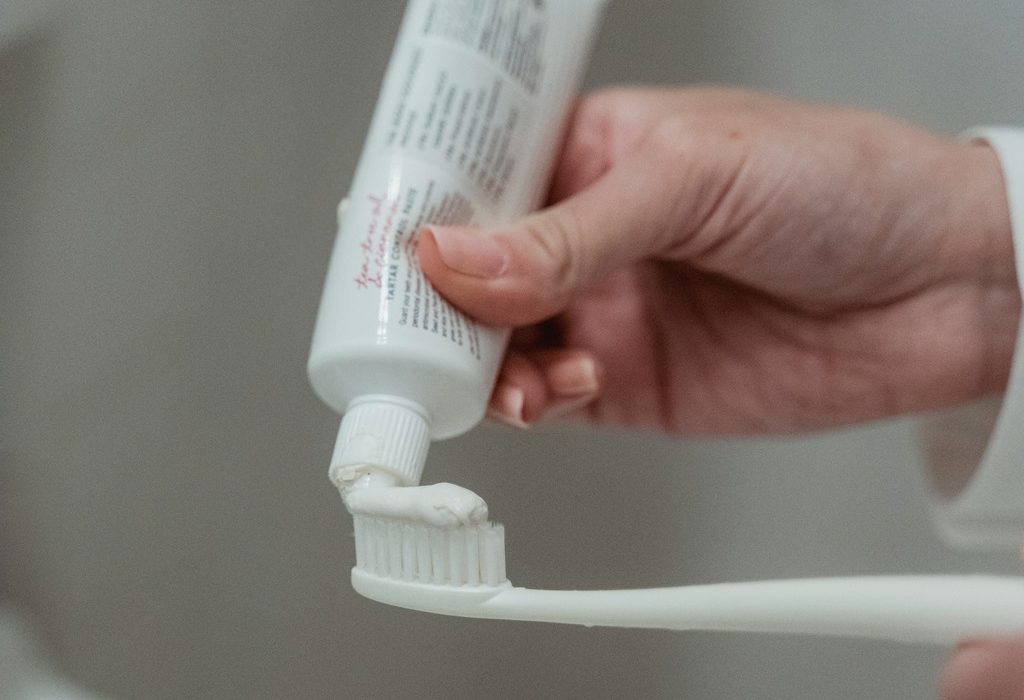Maintaining a healthy smile involves more than just brushing your teeth daily. The health of your gums is equally important. Gum toothpaste can be a game-changer in your oral care routine, providing targeted care to keep your gums strong and your teeth clean. Here’s how to use gum toothpaste effectively to enhance your oral health.
Choose the Right Gum Toothpaste
Not all toothpastes are created equal. For gum health, look for toothpaste specifically formulated to strengthen and protect gums, reduce gum inflammation, and fight the bacteria that cause gum diseases like gingivitis. Ingredients to look for include fluoride, which prevents tooth decay, and antimicrobial agents that combat harmful bacteria.
Brush Properly
Using gum toothpaste effectively starts with proper brushing techniques. Use a soft-bristled toothbrush and replace it every three months or sooner if the bristles become frayed. Apply a pea-sized amount of gum toothpaste on your brush. Hold your toothbrush at a 45-degree angle to your gums and brush gently using circular motions. Don’t forget to brush all surfaces of your teeth, your tongue, and the roof of your mouth to remove bacteria. Brushing should last at least two minutes, twice a day – in the morning and before bed.
Floss Daily
Flossing is an essential step in your oral care routine that shouldn’t be overlooked. It removes plaque and food particles from areas your toothbrush can’t reach, helping to prevent gum disease. Floss at least once a day, preferably before brushing at night, to ensure your gum toothpaste can reach and effectively clean every part of your mouth.
Rinse with Mouthwash
For an extra layer of protection, finish your routine with an antimicrobial or fluoride mouthwash. Swish thoroughly for 30 seconds to a minute to reach areas that brushing and flossing might have missed. This step can help reduce plaque, prevent or reduce gingivitis, and freshen breath.
Visit Your Dentist Regularly
Even with the best home care, regular check-ups and cleanings by a dental professional are necessary. Your dentist can spot early signs of gum disease and offer treatments to prevent progression. Aim for a dental visit every six months or as recommended by your dentist.




